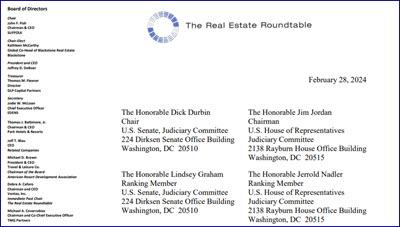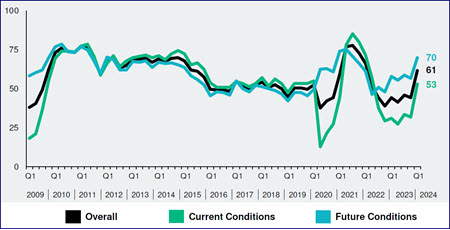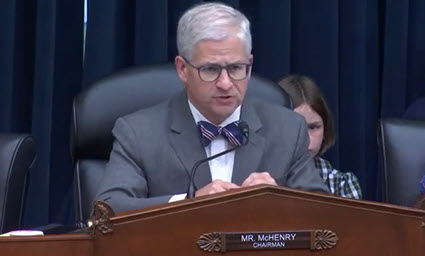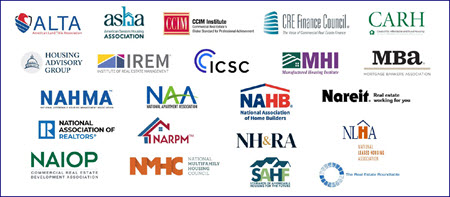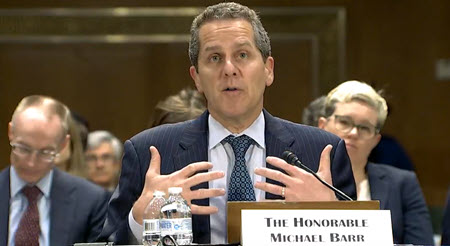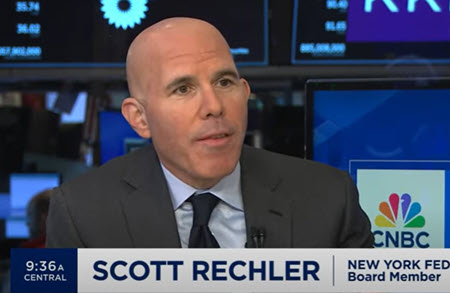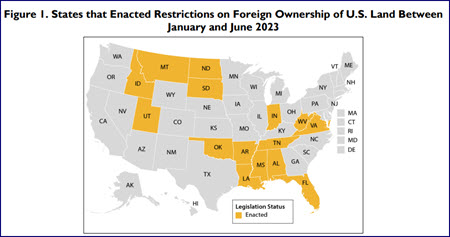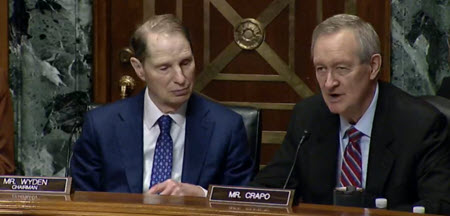
The Senate Finance Committee’s top Republican made it clear this week that he wants changes to a House-passed $78 billion tax package, which includes Roundtable-supported measures on business interest deductibility, bonus depreciation, and the low-income housing tax credit (LIHTC). [Roundtable Weekly, Feb. 2 | PoliticoPro and Tax Notes, Feb. 29]
Senate Republicans Concerns
- The Tax Relief for American Families and Workers Act of 2024 (H.R. 7024) passed the House on Jan. 31 by an overwhelming 357-70 vote. House Ways and Means Chairman Jason Smith (R-MO) and Senate Finance Committee Chairman Ron Wyden (D-OR) are pressing Senators to support its passage. (Axios, Feb. 16)
- Senate Republicans considering the House tax package have called for an amendment process that could be time consuming. (The Hill, Feb. 2)
- Finance Committee Ranking Member Mike Crapo (R-ID) laid out the changes he would like to see in the bill in a Feb. 28 news release. A major issue for Sen. Crapo is a reform to the Child Tax Credit (CTC) that allows taxpayers to rely on income from prior years when determining their eligibility for the refundable credit. (Fiscal Times, Feb. 29)
- Sen. Crapo added in comments to Tax Notes this week that “There’s just a lot of separate issues that need to get sorted out. Everything from traditional extenders to LIHTC to SECURE 2.0.”
Congressional Timing

- Sen. Crapo also stated in his news release that “… with each week that has passed, (Republican) members have strongly voiced additional calls for numerous modifications, and there are also increasing concerns about making 2023 changes this far into the IRS tax filing season.” The Senator said he is “committed to seeking a bipartisan resolution that a majority of Senate Republicans can support.” (Tax Notes, Feb. 29)
- Sen. Wyden and senior congressional staff discussed the tax package with Roundtable members during The Roundtable’s all-member 2024 State of the Industry Meeting in Washington. (Roundtable Weekly, Jan. 26)
- Additionally, The Roundtable and 21 other industry organizations that comprise the Housing Affordability Coalition urged the Senate on Feb. 15 to pass the tax package. The coalition’s letter emphasized the importance of advancing provisions in (H.R. 7024) that strengthen the low-income housing tax credit (LIHTC)—along with various real estate investment measures that would benefit communities and the broader economy. (Coalition letter, Feb. 15)
The best chances for enacting the tax package may be in combination with a government funding bill later in March. (See story above).
# # #


